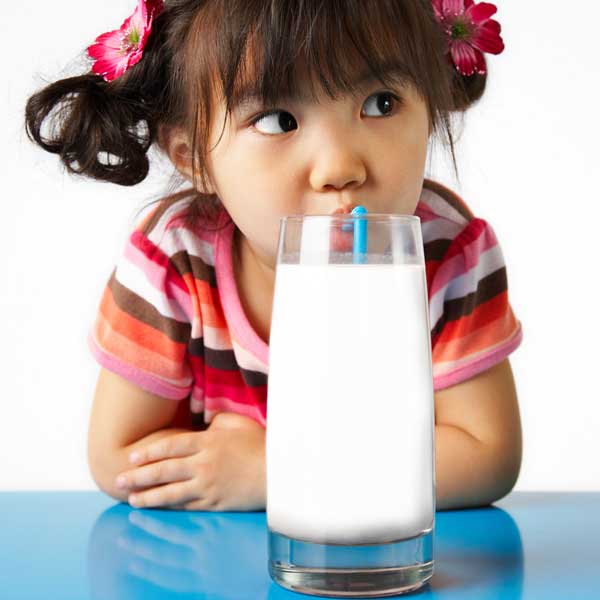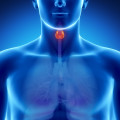Milk allergy – symptoms, cause and prevention
You can have allergies to different kinds of food and drinks including milk. Milk allergy is not uncommon in adults. But to be aware of a milk allergy you need to be aware of the symptoms of milk allergy. But your symptoms can result from lactose intolerance too. if you have ever suffered from such allergy you should not take this lightly. In fact, milk allergy can be life threatening. Therefore, you should know the difference between lactose intolerance and milk allergy.
Milk allergy and lactose intolerance
Lactose intolerance is a non allergic reaction of your body, and the reason behind it is lack of production of lactose, an enzyme, in your body which helps in digesting the sugar in milk. If you have lactose intolerance, consumption of milk will result in bloating, formation of gas etc. On the other hand milk allergy is an allergic reaction of your body to the milk protein.
Therefore, if you have milk allergy then you have to avoid milk and milk products altogether. But if you are suffering from lactose intolerance, you can try taking curd or casein.
Symptoms of milk allergy
Symptoms of milk allergy can be divided into several systemic reactions of your body to the allergy such as reactions of the gastrointestinal system, respiratory system and dermatological system. Such allergy symptoms can crop up within minutes or even hours of eating milk products or drinking milk.
Dermatological
The dermatological response of milk allergy in adults include itchy skin rash commonly around the mouth, watery eyes, eczema and hives immediately after consumption of milk or milk products.
Respiratory
The immediate respiratory system reaction of milk allergy in adults includes wheezing. Other reactions of the respiratory system that may take some time to develop are coughing and runny nose. You can feel short of breath, a tightness in the chest and difficulty in breathing due to constriction of the airways as a result of the adverse reaction of your immune system.
Gastrointestinal
Gastrointestinal reaction of milk allergy includes vomiting, loose stool without or with blood, diarrhea, abdominal cramp etc. In children there can be colic pain.
Overall you can suffer from a sudden drop in blood pressure, a swelling or tingling of the tongue, throat or lips.
Cause
It is an adverse reaction of your immune system to the milk protein. This reaction of your body is known as anaphylaxis and is an emergency condition.
Who is affected?
Milk allergy is common in children and infants, but that does not mean that adults are immune to such adverse reactions. Even if you have had gallons of milk as a child without any problem you can have a milk allergy at a grown up stage and need to be rushed to the hospital.
Prevention
If you have ever had such an experience, do remember to avoid some foods that include-
- All milk and milk products including dry, evaporated, condensed or powdered forms of milk of cow, goat or sheep.
- Casein
- Butter and buttermilk
- Cheese and Cream cheese
- Half & half, ice-cream
- Custard
- Cottage cheese
- Curd, pudding, yoghurt
- All other milk products



Be the first to comment on "Milk Allergy – Symptoms, Cause and Prevention"